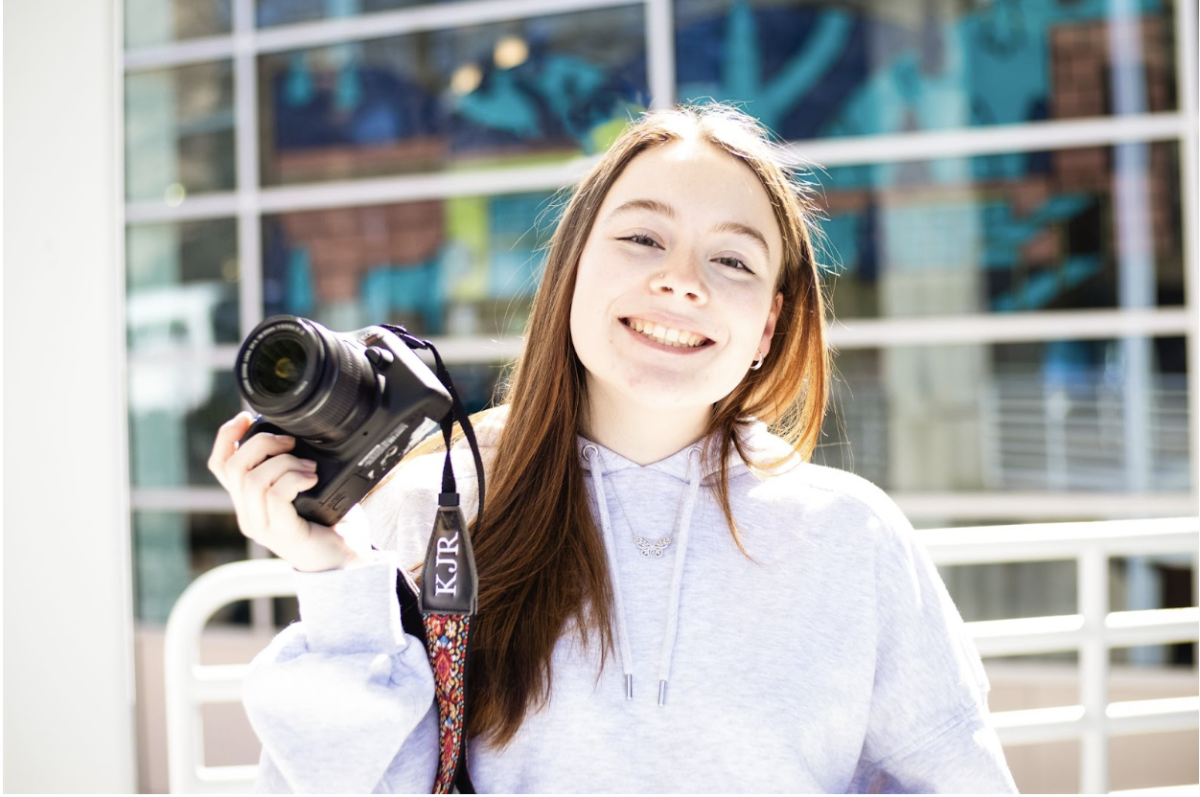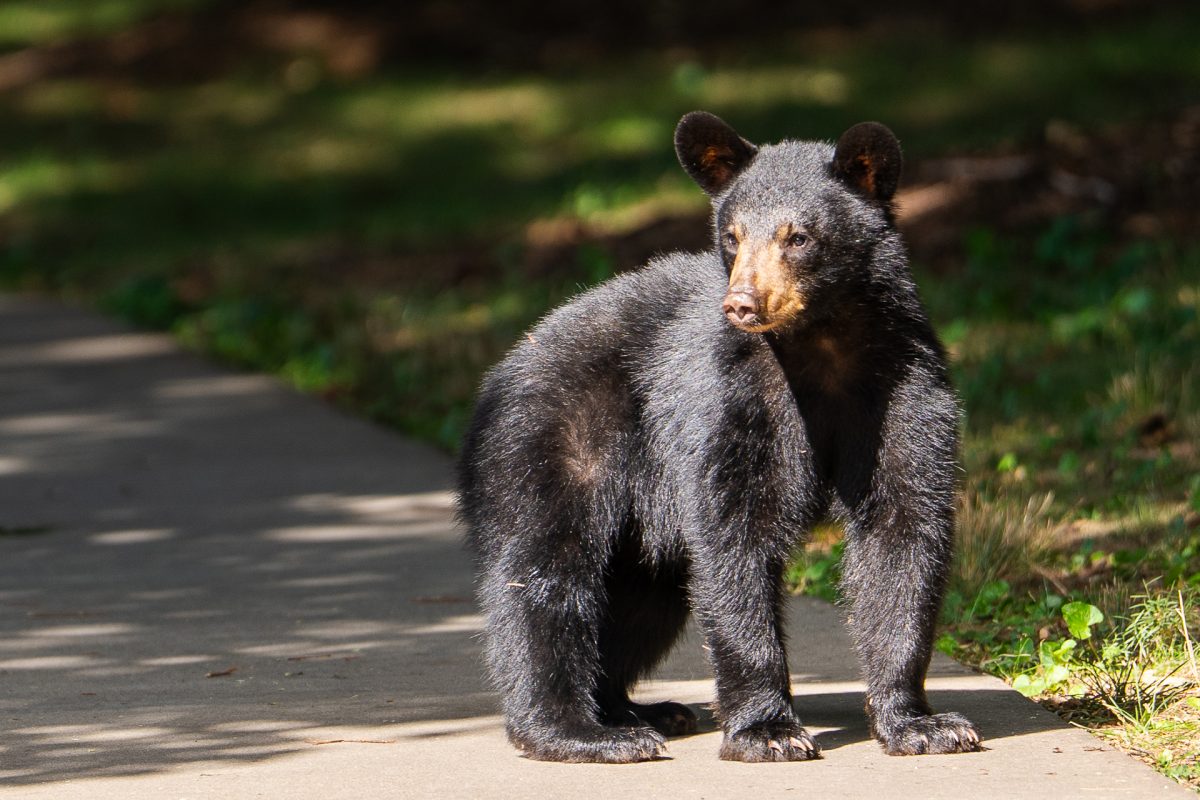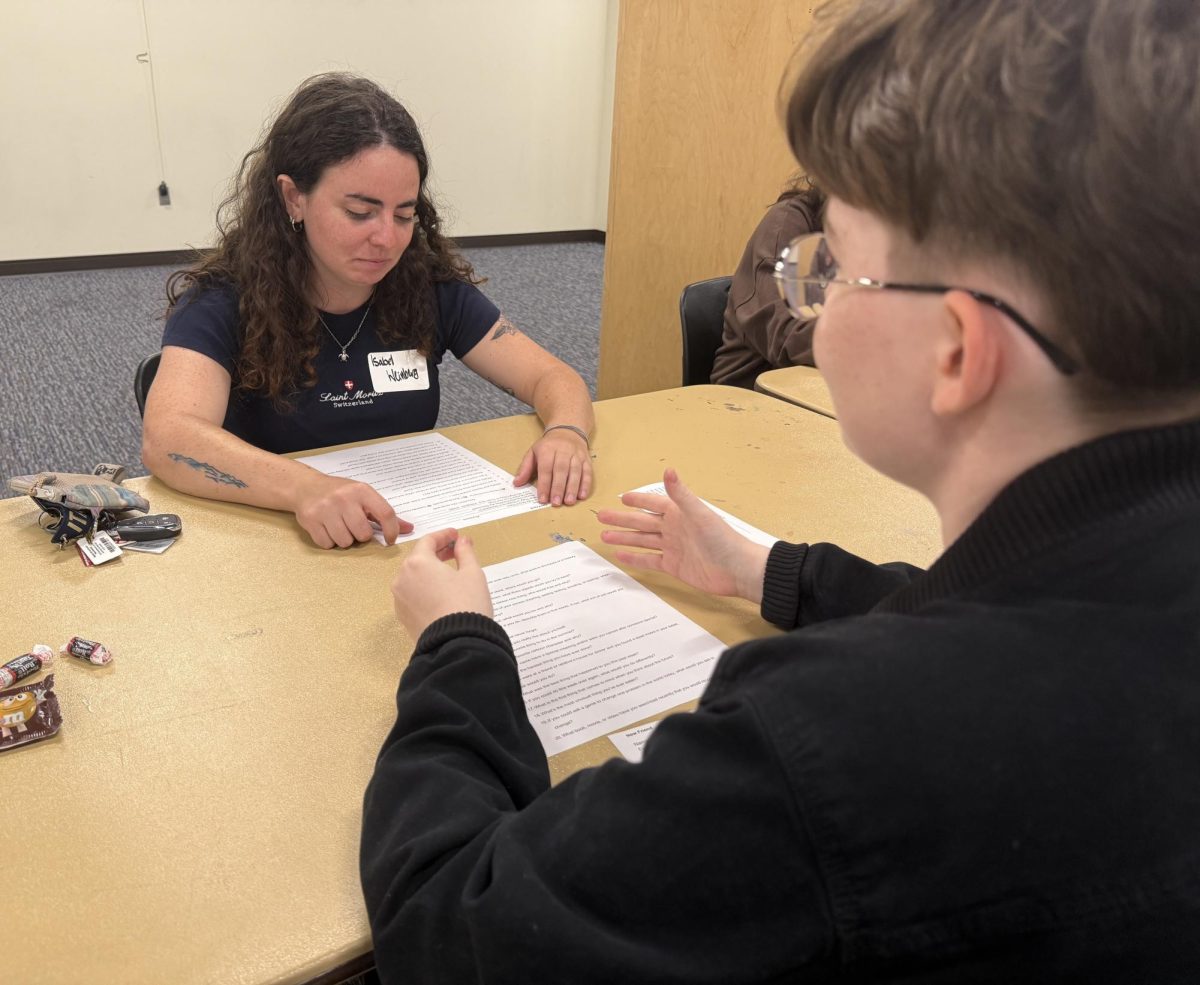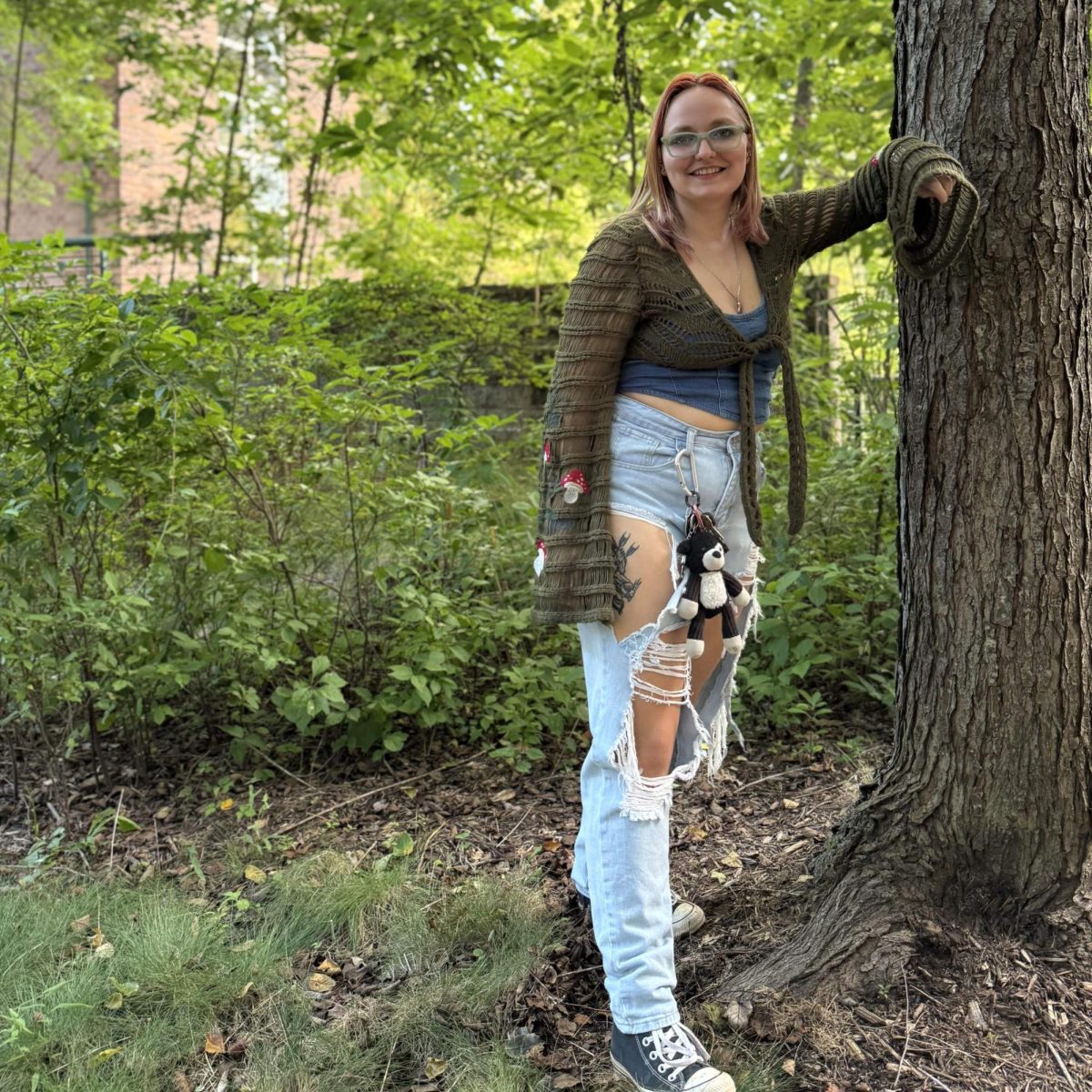Student enrollment in photography classes rises after COVID.
“There’s a ton of interest in photography from students across campus,” said UNC Asheville photography instructor Eric Tomberlin.
Tomberlin teaches about half of the photo classes at UNCA and he’s been teaching photography for 20 years.
“What I teach is a tool. The camera is a tool for empowering your voice,” Tomberlin said.
“You could go out tomorrow and make a photograph that is going to change some sort of aspect of our political culture. That’s pretty amazing.”
Tomberlin’s students take on topics such as identity, race and the environment.
Tomberlin said photography helps students say things they want to say, but would otherwise not say without a camera.
“So many people get anxious about a camera being out in public, that you might have your photograph made or whatever. That just speaks to the power of the medium,” Tomberlin said.
Tomberlin said everyone should learn photography because everyone uses it. He said even if you’re a biologist there’s a pretty good chance you will use photography in your field.
“Every assignment will address a little bit of a technical problem and a little bit of a conceptual problem and a little bit of an esthetic problem,” Tomberlin said
While UNCA art students continue to push boundaries, not all UNCA photographers are art, new media or mass communication majors.
“I think it’s very easy to do. And you can teach yourself and nobody is going to pressure you. You can go at your own pace to learn,” said UNCA environmental science student Kacey J. Ruppe.
Ruppe shoots portraits, families, landscapes and animals. She began her photography journey in 2013 and got her first camera in 2021.
“You don’t necessarily have to have a camera,” Ruppe said. “There’s ways that you can do it without having to use money.”
According to Ruppe, Ramsey Library at UNCA has many different camera kits for students to check out.
“I’ve totally learned by myself, and I think a lot of people think it’s hard to teach yourself and it’s not. You just pick up a camera and you teach yourself,” Ruppe said.
Ruppe said you don’t need anyone to help you. Ruppe said she’s learned all she knows on her own, and without taking photography classes in high school.
“I’m a very introverted person. I don’t talk to a lot of people, but when I’m holding my camera and I’m taking pictures of someone, it’s so much easier for me to talk to them and I don’t know why,” Ruppe said. “When I’m taking pictures, I’m a completely different person.”
Ruppe said she continues shooting because it’s fun and she enjoys editing. She hopes to continue for the rest of her life.
“I’ve definitely seen an uptick in students visiting the lab and asking for help and finding more interest in videography and photography,” said UNCA Mass Communication Lab Manager and alumni Elijah LaPlante.
LaPlante said he manages, maintains, purchases and checks out equipment to students. He also assists students with their multimedia projects and leads workshops to teach them new skills.
“There’s definitely a lot of overlap between photography and videography and the only difference really is the moving image,” LaPlante said. “The best videographers are photographers first because they can compose a single frame.”
Whether it’s photography or videography a student is interested in, LaPlante said students should try it out.
“You just got to go and try it. It’s a lot more accessible than what people actually think. It’s fun. I mean, you don’t need to do this job like, it’s a cool way to see the world and get perspective.”
LaPlante said he got his start with photography because it is more accessible than videography since you don’t need a lot of setup or a crew. He said students with a photography background tend to learn videography aspects faster.
“I guess I might as well just keep it going because it’s a skill that’s going to be here forever,” said the 18-year-old UNCA mass communication student Jensen C. McDonald.
McDonald began pursuing photography seven years ago and currently does automotive and event photography.
He said he plans to keep photography as a side hustle and hobby, as pursuing it full-time could lead to burnout.
“It’s just a good skill to have,” McDonald said. “People should get more into photography or just pick it up as a hobby or just learn the basics.”
McDonald said getting over the hurdle and not comparing yourself to others can be difficult.
“I think everybody can take a great photo, but some people just like letting themselves get in the way,” McDonald said.






















